Our Board Members
Dan Chodorkoff
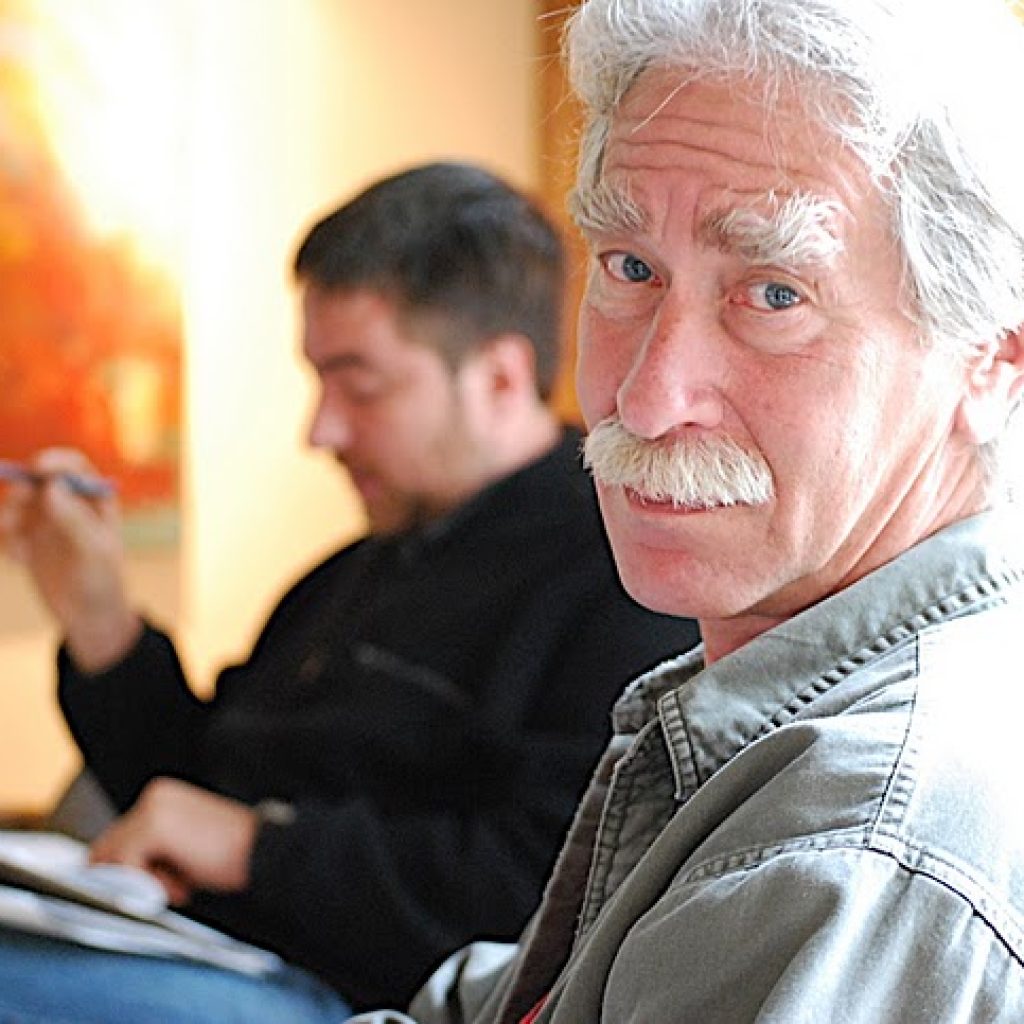
Daniel Chodorkoff, Ph.D., anthropology, New School for Social Research, is co-founder and former executive director of the ISE. He is an urban anthropologist and activist with special interests in community development and utopian studies, and has authored numerous articles on both subjects. Dan has been active in the Green movement and was a longtime faculty member at Goddard College. His essays on social ecology and community development have been published under the title, The Anthropology of Utopia, by New Compass Press.
He co-teaches our Ecology, Democracy, Utopia: Introduction to Social Ecology course.
Bea Bookchin
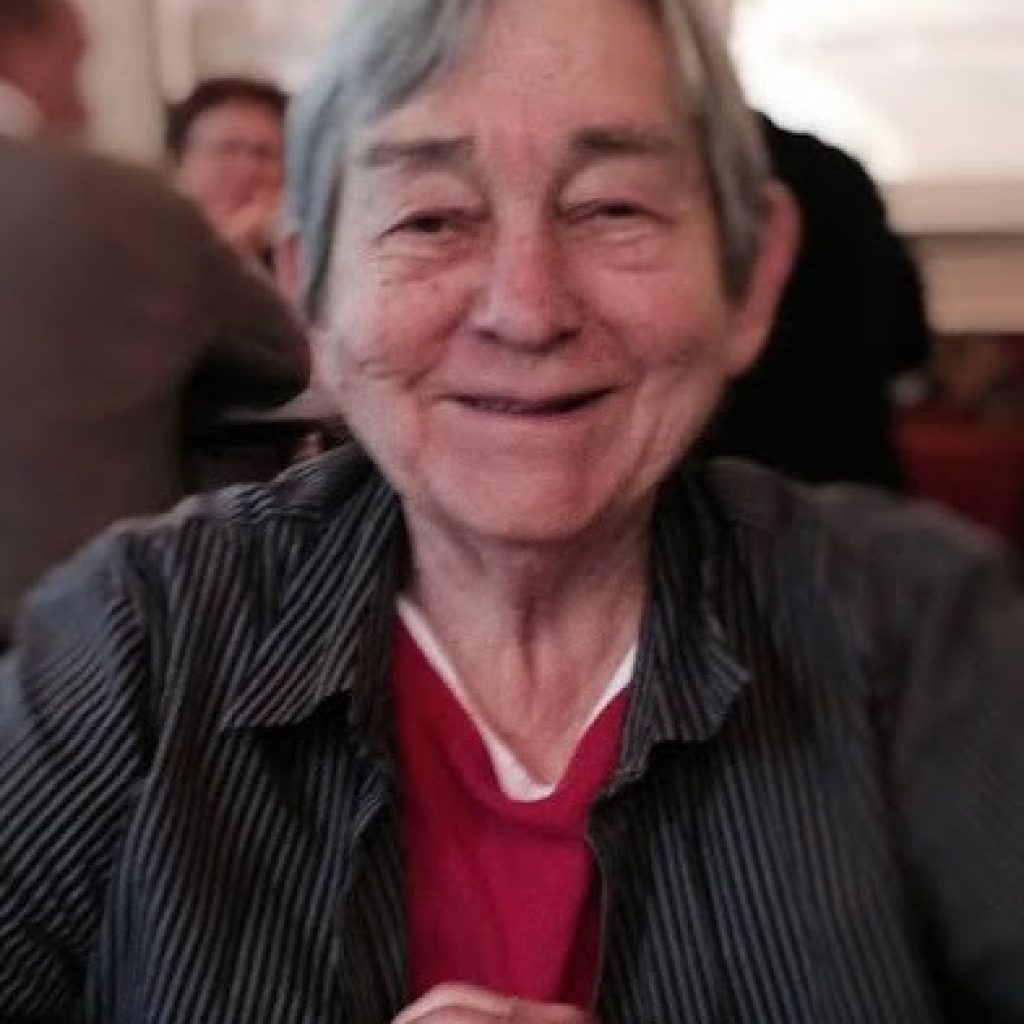
Beatrice Bookchin worked alongside her former husband and lifelong friend Murray Bookchin for 57 years, contributing to the development of his theoretical ideas, co-founding Anarchos magazine with him in New York City, and later co-founding the Burlington Green Party. A longtime activist, she was one of three people who spearheaded the two-year battle against the Sanders administration’s plan to build a luxury hotel and condominium complex on the Burlington Vermont waterfront, successfully preserving it as open space and a public park for generations to come. She ran for City Council twice as member of the Burlington Greens on a libertarian municipalist platform of building an ecological city, a moral economy, and popular citizens’ assemblies. With an advanced degree in mathematics from New York University, she worked for several years in the 1960s as a computer research scientist at NYU’s Courant Institute of Mathematical Sciences on the linguistic string project that was a forerunner of the English syntax machine-learning utilized in computing translation programs today. Pursuing her interest in holistic health practice, she worked for 40 years as a massage therapist and taught massage and holistic health classes at the ISE and elsewhere. She is also a Tai Chi master, having practiced the martial art for 35 years and taught it for 15. She is the mother of Debbie and Joseph Bookchin and the grandmother of Katya, and lives in Burlington, Vermont.
She is a mentor in the ISE mentorship program.
Chaia Heller

Chaia Heller is a writer, activist, and artist who has been teaching political, feminist, and queer theory at the Institute for Social Ecology for four decades, in addition to anthropology and gender studies at Mount Holyoke College. She has been active in a range of movements including the ecofeminist movement, reproductive justice movements, the Left Greens, the global justice movement, Occupy, and the fight for disability/neurodiversity justice. Her intellectual and creative writing has been published in numerous journals and anthologies. She is the author of two books, The Ecology of Everyday Life: Rethinking the Desire for Nature (Black Rose Books) and Food, Farms, and Solidarity: French Farmers Challenge Industrial Agriculture and Genetically Modified Crops (Duke University Press). She is currently completing a manuscript called The Philosophy and Politics of Social Ecology. She holds an MA in psychology from Antioch University and a PhD in anthropology from the University of Massachusetts (Amherst). Her most meaningful scholarly achievement was receiving an honorary PhD from Murray Bookchin at his kitchen table one day after an eight-hour conversation about the reach and depth of social ecology, after which they cheered, “L’chaim,” before tossing back a good glass of cognac.
She teaches The Philosophy and Politics of Social Ecology and Feminism and Ecofeminism: A Social Ecology Approach, as well as co-teaches our Ecology, Democracy, Utopia: Introduction to Social Ecology Course. She is also a mentor in the ISE mentorship program.
Brian Tokar
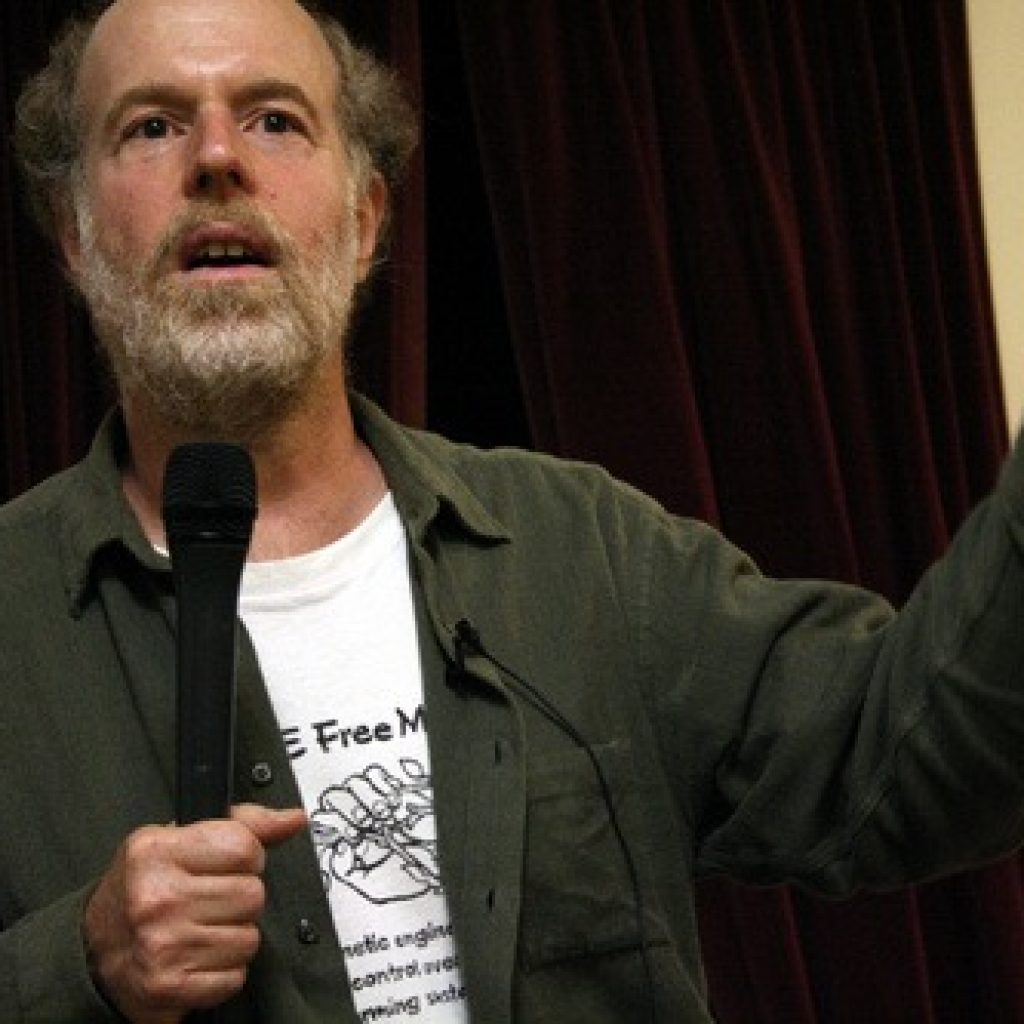
Brian Tokar is an activist, author, and a long-time faculty and board member of the ISE. For fifteen years he has also served as a lecturer in Environmental Studies and an officer of the faculty union at the University of Vermont. Brian is the author of The Green Alternative (1987, Revised 1992), Earth for Sale (1997), and Toward Climate Justice: Perspectives on the Climate Crisis and Social Change (2010, Revised 2014), and he has also edited three volumes on biotechnology and food issues. His latest book is Climate Justice and Community Renewal: Resistance and Grassroots Solutions (Routledge, 2020), an international collection on grassroots climate responses, coedited with Tamra Gilbertson.
Brian has contributed to several recent international collections, including The Routledge Handbook on the Climate Change Movement (2014) and Handbook of Climate Justice (2019), Climate Justice and the Economy (2018), Social Ecology and Social Change (2015), Globalism and Localization: Emergent Solutions to Our Ecological and Social Crises (2019), and Pluriverse: The Post-Development Reader (2019). His has taught classes at the ISE on social ecology and social movements since the late 1990s, and his upcoming classes include Food and Climate: From Justice to Liberation [tentative new working title] and Legacies of Ecological Radicalism. An earlier version of Food and Climate Justice (co-taught with Grace Gershuny) is available in the “flex” format, featuring recordings of past class sessions.
He teaches Legacies of Environmental Radicalism and Food and Climate Justice: Resistance and Liberation (with Grace Gershuny), as well as co-teaches our Ecology, Democracy, Utopia: Introduction to Social Ecology Course. He is also a mentor in the ISE mentorship program.
Blair Taylor

Blair Taylor has been involved with the Institute for Social Ecology since 2000. He completed his PhD in politics at the New School for Social Research in 2017; his research focuses on the intersection of social movements, political theory, and contemporary capitalism. He co-edited the Murray Bookchin anthology The Next Revolution: Popular Assemblies and the Promise of Direct Democracy (Verso 2015). He lives in the Seattle area and is active in a variety of political, educational, and publishing projects.
He co-teaches Confronting Ecofascism: Environmental Politics and the Radical Right, Frankfurt School Critical Theory, and Ecology, Democracy, Utopia: Introduction to Social Ecology.
Katie Horvath
Kelly Roache
Kathleen Kesson

Kathleen is Professor Emerita of Teaching, Learning and Leadership in the School of Education at the Brooklyn Campus of Long Island University. She is the former Director of Teacher Education at Goddard College, and was the founding Director of the John Dewey Project on Progressive Education at the University of Vermont, a research and policy organization. She has written extensively about democracy and education, teacher development, curriculum, spirituality, unschooling, environmental education, arts in education, and educational futures in over 50 peer-reviewed papers and book chapters. Her books include Curriculum Wisdom: Educational Decisions in Democratic Societies, Understanding Democratic Curriculum Leadership, Defending Public Schools: Teaching for a Democratic Society, Unschooling in Paradise, and the forthcoming Neohumanist Education: Theory and Practice for the Anthropocene.
Kathleen was active in the free school movement in the 1970’s, and was a co-founder of a University Without Walls program with Indigenous people in Oklahoma. She was involved in the anti-nuclear movement leading to the cancellation of construction of the Black Fox nuclear plant. In the 1980s she was actively involved in the unschooling movement, support for lay midwives, and the establishment of numerous food cooperatives, and published an underground newspaper. Current board service includes the Institute for Social Ecology, Pacem School, InTandem Arts, the Starling Collaborative, and the Coalition for Community Schools. She works with Vermont networks dedicated to the transformation of schools and communities to be more sustainable, equitable, just, and joyful spaces.
Russell Shoatz

Russell Shoatz III is well-versed in a multitude of educational modalities, restorative justice, and equity practices. His father, a Black Panther, was imprisoned in 1972. Russell championed the campaign to liberate his father from fifty years of incarceration. Russell is the co-founder of Building Fearless Futures, an anti-racist consulting firm. He was production manager for NASA’s Yuri’s Night. Russell also created a restorative STEM curriculum entitled Instituting Science In Schools. He also has facilitated and spoken at museums, public schools, and universities, including Yale, Havard, and the United Nations. He has presented for UNESCO on Internal Truth and Reconciliation. Russell has a lifetime of education, curriculum structure, child services, and youth mentoring work. Little Maroons is a school founded by Russell and fellow parents. Russell is also the creator of the multimedia juggernaut Blu magazine.
Brooke Lehman
Brooke Lehman is the co-director of the Watershed Center, a retreat and resource center for social justice organizations in Millerton, NY. She was a founding member of the Direct Action Network, Bluestockings Bookstore and Solidaire. Brooke has served on boards of the Schumacher Center for New Economics and Center for Whole Communities. She offers support and workshops on generative communication, nonviolent direct action, and structuring organizations. Her true passion, however, is match-making and reading with her daughter Evie.
She co-teaches our Ecology, Democracy, Utopia: Introduction to Social Ecology Course.
Yvonne Yen Liu
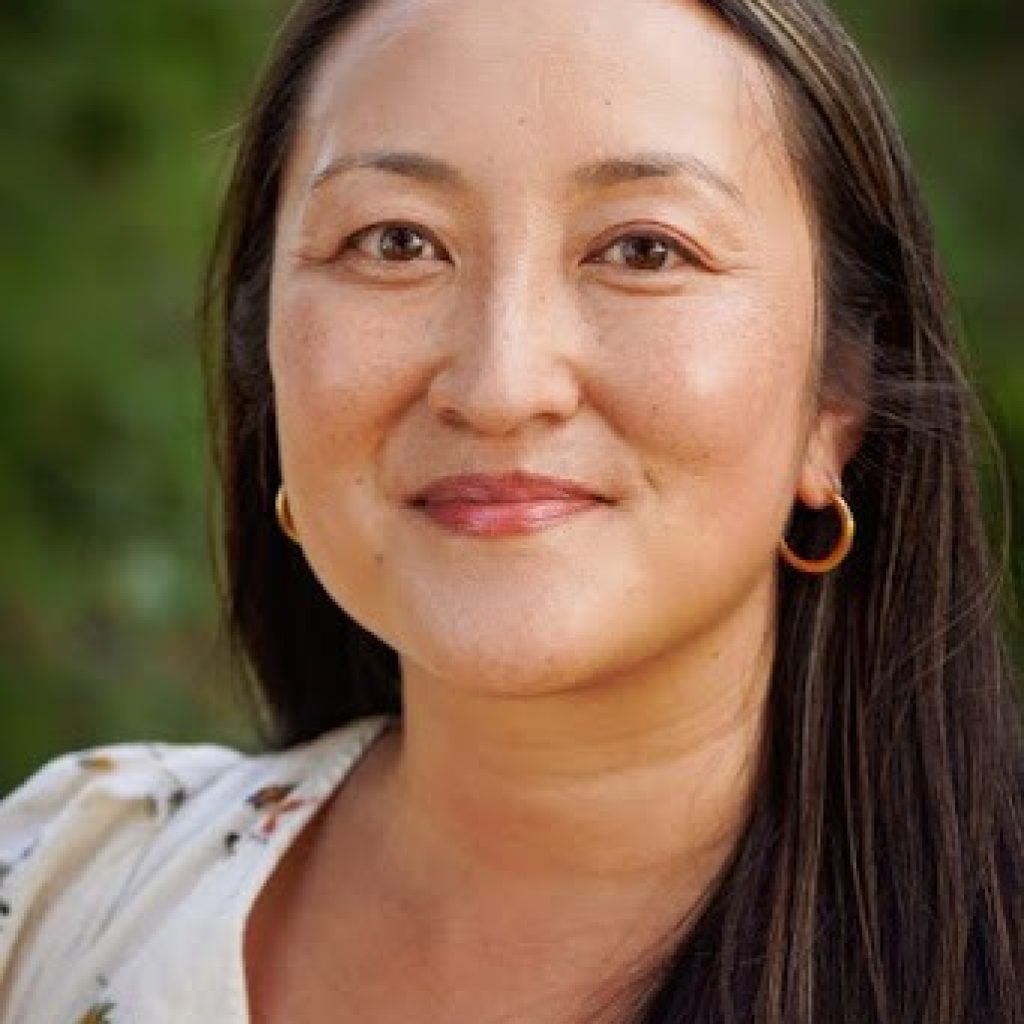
Yvonne Yen Liu (she/her) is the co-founder and research director of Solidarity Research Center, a worker self-directed nonprofit dedicated to building solidarity economy ecosystems. She is based in Los Angeles, California, where the sun smiles on her every day. Although a native of NYC, she and the city have broken up and went their separate ways. She is a practitioner of research justice with over 20 years of being a nerd for racial and social justice organizations. Yvonne serves on the boards of the U.S. Solidarity Economy Network, Policy Advocates for Sustainable Economies, and the Institute for Social Ecology. She teaches in the gender studies department at California State University, Los Angeles. Yvonne has a BA in cultural anthropology from Columbia University and a MA in sociology from the CUNY Graduate Center, where she pursued a PhD.
She co-teaches our Ecology, Democracy, Utopia: Introduction to Social Ecology Course.
Our Staff
Mason Herson-Hord
Mason Herson-Hord is the program director of the Institute for Social Ecology. He is an organizer, writer, communal gardener, and neighborhood democracy militant. His other work has been published in ROAR Magazine, the Next System Project, In These Times, The Ecologist, Perspectives on Anarchist Theory, Socialist Forum, and Harbinger: A Journal of Social Ecology. He is currently finishing a book on Marxism and direct democracy, and building a commune in Bellingham, WA.
He teaches Commune, Council, Party: Marxism and Direct Democracy and facilitates/co-teaches our Ecology, Democracy, Utopia: Introduction to Social Ecology Course. He is also a mentor in the ISE mentorship program.
Kali Akuno
Mark Paris
Other Instructors and Mentors
Peter Staudenmaier
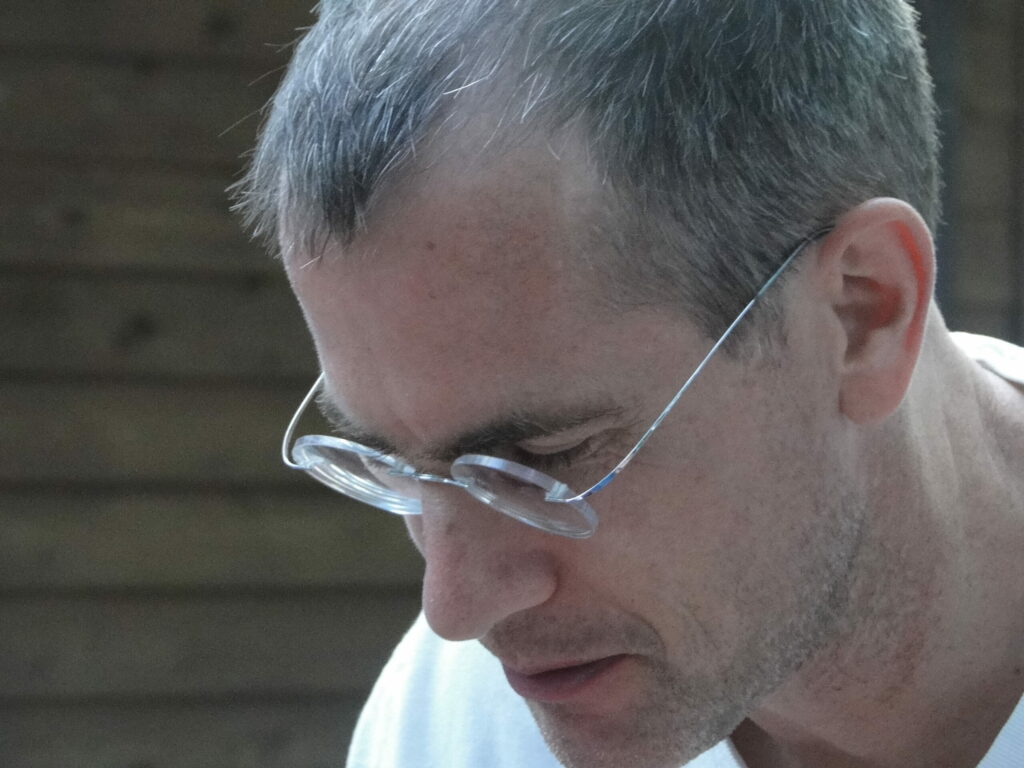
Peter Staudenmaier is a professor of modern Germany history at Marquette University in Milwaukee, WI, and a social ecologist who has been with the ISE since 1989. He has been an active participant in the anarchist movement, the green movement, and the cooperative movement in the United States and Germany for three decades. His research focuses on alternative cultural and political movements, the fascist era, and the history of racial thought. Peter is now a professor of modern German history at Marquette University in Milwaukee, Wisconsin, and co-wrote the book Ecofascism: Lessons from the German Experience with Janet Biehl.
He co-teaches Confronting Ecofascism: Environmental Politics and the Radical Right, Frankfurt School Critical Theory, and Ecology, Democracy, Utopia: Introduction to Social Ecology. Peter is also a mentor in the ISE mentorship program.
Grace Gershuny
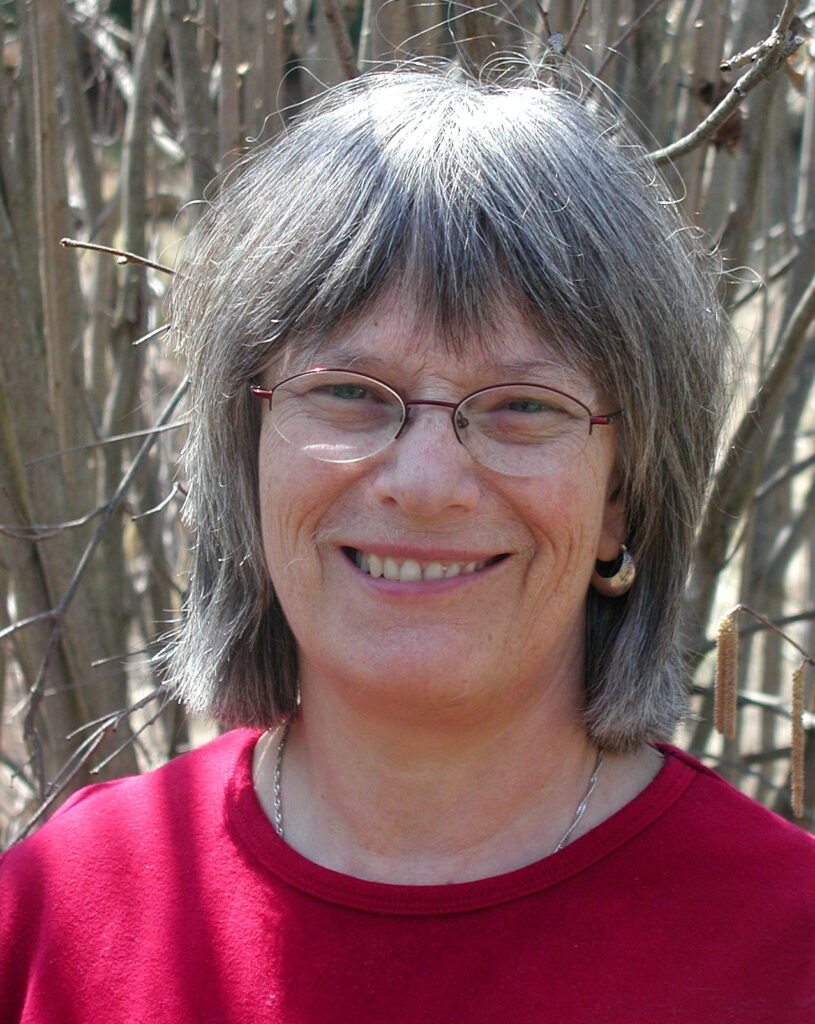
Grace Gershuny is internationally known in the alternative agriculture movement, having worked for over twenty-five years as an organizer, educator, author and consultant, as well as a small-scale market gardener. Her memoir, Organic Revolutionary, examining the meaning of organic and what happened to it, was published in 2016. Grace has also written extensively about soil management and composting, including The Soul of Soil and Start With the Soil, and was the editor of Organic Farmer: The Digest of Sustainable Agriculture for its four year existence. Grace has been involved with organic certification for many years, including five years on the staff of USDA’s National Organic Program. She has taught at the ISE since 1986, and grows her own vegetables and chickens in Barnet, VT.
She teaches Food and Climate Justice: Resistance and Liberation (with Brian Tokar) and co-teaches Ecology, Democracy, Utopia: Introduction to Social Ecology. She is also a mentor in the ISE mentorship program.
Paul Messersmith-Glavin
Paul is a mentor in the ISE mentorship program.
John Michael Colón
John Michael Colón is a writer and journalist currently in exile from Brooklyn. A co-editor at Strange Matters and the Literature Editor for The Point, he has published essays in The Brooklyn Rail and In These Times; poetry in Prelude; and radio journalism for WPRB 103.3 FM, among other shenanigans. His interests include avant-garde art, world literature, intellectual history, international politics, philosophy, and supply chain management. You can find him in the window seat of your local bookstore-cafe with a friend, plotting mischief.
He is a mentor in the ISE mentorship program.
Michael Premo
He co-teaches Confronting Ecofascism: Environmental Politics and the Radical Right.
Richard Hames
Richard Hames is the real name of Sam Moore, co-author of The Rise of Ecofascism: Climate Change and the Far Right (Polity, 2022) and Post-Internet Far Right (Dog Section Press, 2021). He is also the editor of Crude Futures (New Models, 2023) and the co-author of a forthcoming book, both of which cover the politics of social collapse. He lives in London and is active in social movements there.
He co-teaches Confronting Ecofascism: Environmental Politics and the Radical Right.
Solarpunk Surf Club
Solarpunk Surf Club (est. 2020, United States) is an artist collective that creates and curates egalitarian platforms for surfing the waves of still-possible worlds. We elaborate on social ecological aesthetics AKA solarpunk in order to politicize, historicize, and demystify our collective utopian future. Solarpunk Surf Club has presented projects internationally in galleries, museums, festivals, conferences, libraries, activist gatherings, and forest occupations. Our collective received the Future Art Award: ECOSYSTEM X from MOZAIK Philanthropy (Los Angeles) and a Games for Change Award (New York) for our artist’s game, Solarpunk Futures.
Joseph Madison
Joe has been involved with the ISE in both pedagogy and committee service since 2020. His conceptual interests in social ecology are at the interface of the biological sciences, dialectical naturalism, and the role of science in society broadly. He engages social ecological ideas through his paid work as a biologist, and also through his activist work in environmental justice, police abolition, and labor organizing.
He teaches the course History and Philosophy of Biology.

